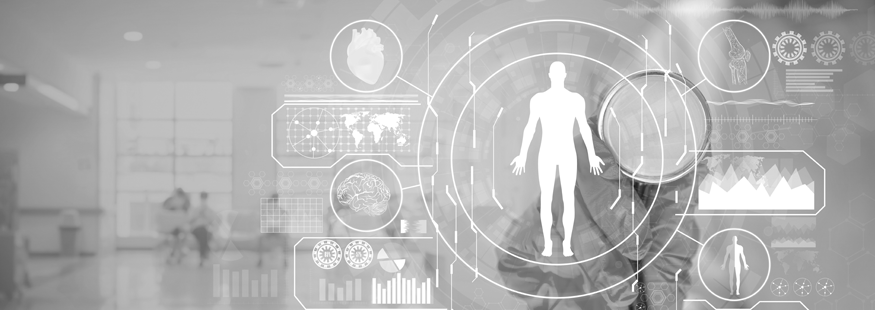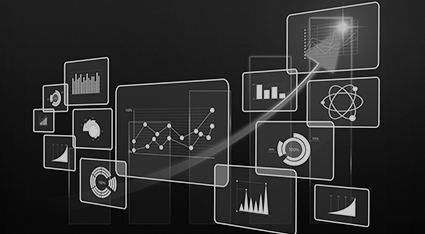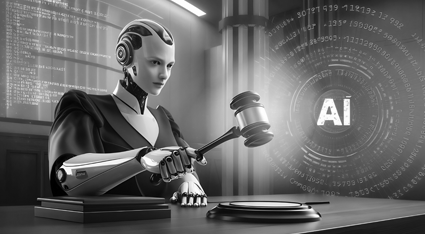Introduction
Healthcare is undergoing a massive transformation. The integration of AI and automation is not only improving patient care but also optimizing hospital operations, reducing costs, and enhancing diagnostics. As AI advances, its role in healthcare is expanding from administrative automation to life-saving interventions.
In 2025, AI-driven healthcare is no longer an emerging trend—it is a fundamental shift in how medical professionals deliver care, make decisions, and improve patient outcomes. Hospitals, clinics, and health tech startups that adopt AI and automation will see increased efficiency, accuracy, and better patient experiences.
The Role of AI in Healthcare Innovation
AI in Diagnostics and Medical Imaging
AI is revolutionizing diagnostics by detecting diseases faster and with higher accuracy. Machine learning models analyze X-rays, MRIs, and CT scans to identify anomalies that even experienced radiologists may miss, improving early detection of conditions like cancer, stroke, and heart disease.
AI-Powered Personalized Treatment Plans
AI algorithms analyze vast datasets to create personalized treatment plans based on a patient’s medical history, genetics, and real-time health metrics. This approach enhances precision medicine, improving treatment effectiveness and reducing trial-and-error prescribing.
Predictive Analytics for Preventive Care
AI-driven predictive analytics help doctors anticipate health issues before they arise. By analyzing patient records and lifestyle data, AI can predict potential diseases and recommend early intervention strategies, reducing hospitalizations and healthcare costs.
How Automation is Optimizing Healthcare Operations
Automated Administrative Tasks
AI is streamlining administrative workloads by automating appointment scheduling, medical billing, and patient record management. This reduces human errors, enhances efficiency, and allows healthcare providers to focus on patient care rather than paperwork.
AI-Powered Virtual Assistants & Chatbots
Virtual assistants are enhancing patient engagement by providing instant answers to health-related queries, booking appointments, and sending reminders for medications. AI chatbots help reduce the burden on front-desk staff while improving patient satisfaction.
Remote Patient Monitoring & AI Wearables
Wearable AI-powered devices track real-time health data, alerting patients and doctors about abnormalities. This continuous monitoring enables proactive interventions and reduces the need for in-person check-ups for chronic disease management.
The Benefits of AI and Automation in Healthcare
Faster and More Accurate Diagnoses
AI helps detect diseases early and improves diagnostic accuracy, allowing healthcare providers to deliver faster, more effective treatment.
Reduced Hospital Wait Times
Automation streamlines scheduling and patient management, significantly cutting down waiting times in clinics and hospitals.
Improved Patient Experience
AI-powered chatbots, predictive care, and automated follow-ups enhance patient engagement and satisfaction.
Lower Healthcare Costs
By reducing administrative burdens, minimizing errors, and optimizing treatment plans, AI helps hospitals and insurance providers cut costs.
Challenges in AI-Driven Healthcare
Data Privacy and Security Concerns
With AI handling sensitive patient data, healthcare organizations must ensure compliance with global privacy regulations like HIPAA and GDPR.
Integration with Legacy Systems
Many healthcare institutions rely on outdated IT systems. Transitioning to AI-powered platforms requires significant infrastructure upgrades and staff training.
Ethical and Legal Considerations
AI’s decision-making in medical care must be transparent. Healthcare providers must address concerns about AI bias, accountability, and ethical AI deployment.
The Future of AI and Automation in Healthcare
AI and automation are not replacing healthcare professionals—they are enhancing their capabilities. The healthcare industry must embrace AI as a tool for improving efficiency, accuracy, and patient outcomes.
As AI continues to evolve, hospitals, clinics, and health tech companies must integrate AI-driven solutions to provide better, faster, and more affordable care. The question is no longer whether AI belongs in healthcare—it’s how quickly organizations can adapt to this transformative technology.







